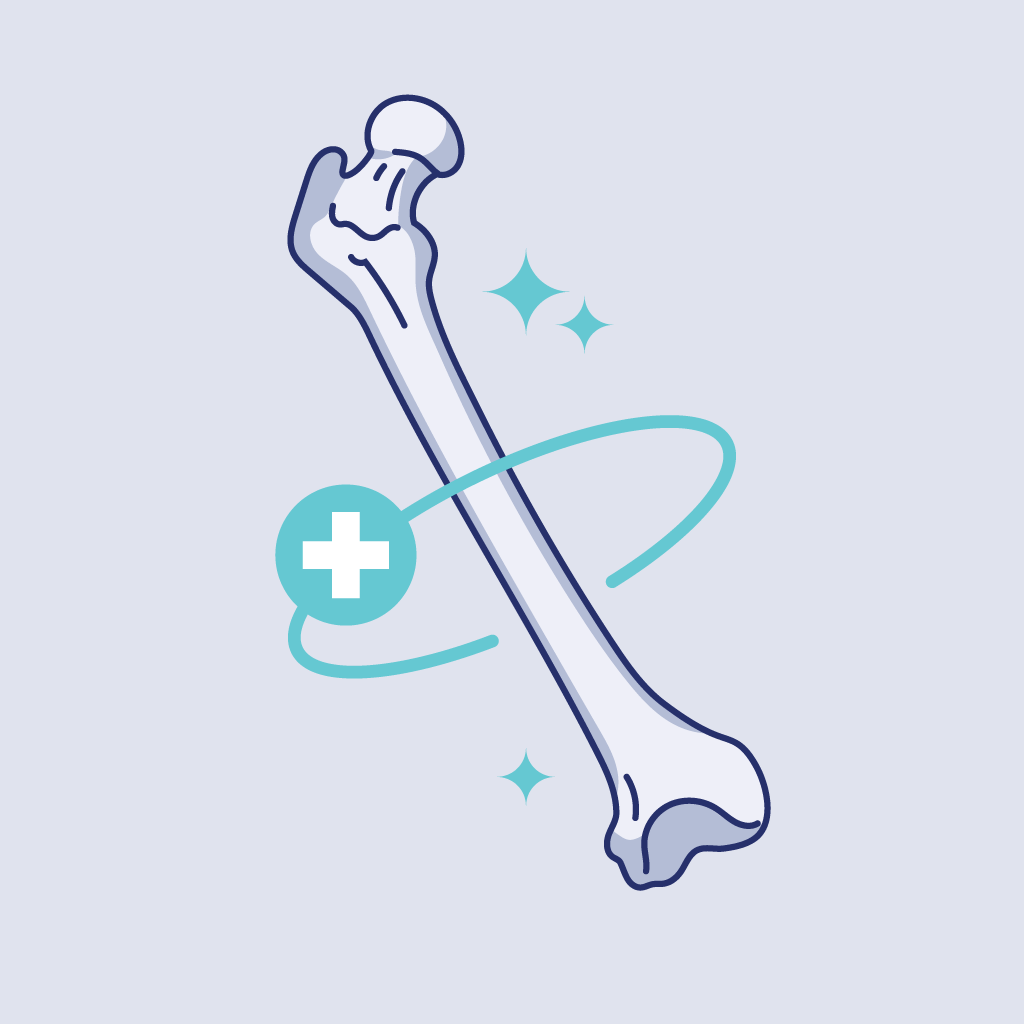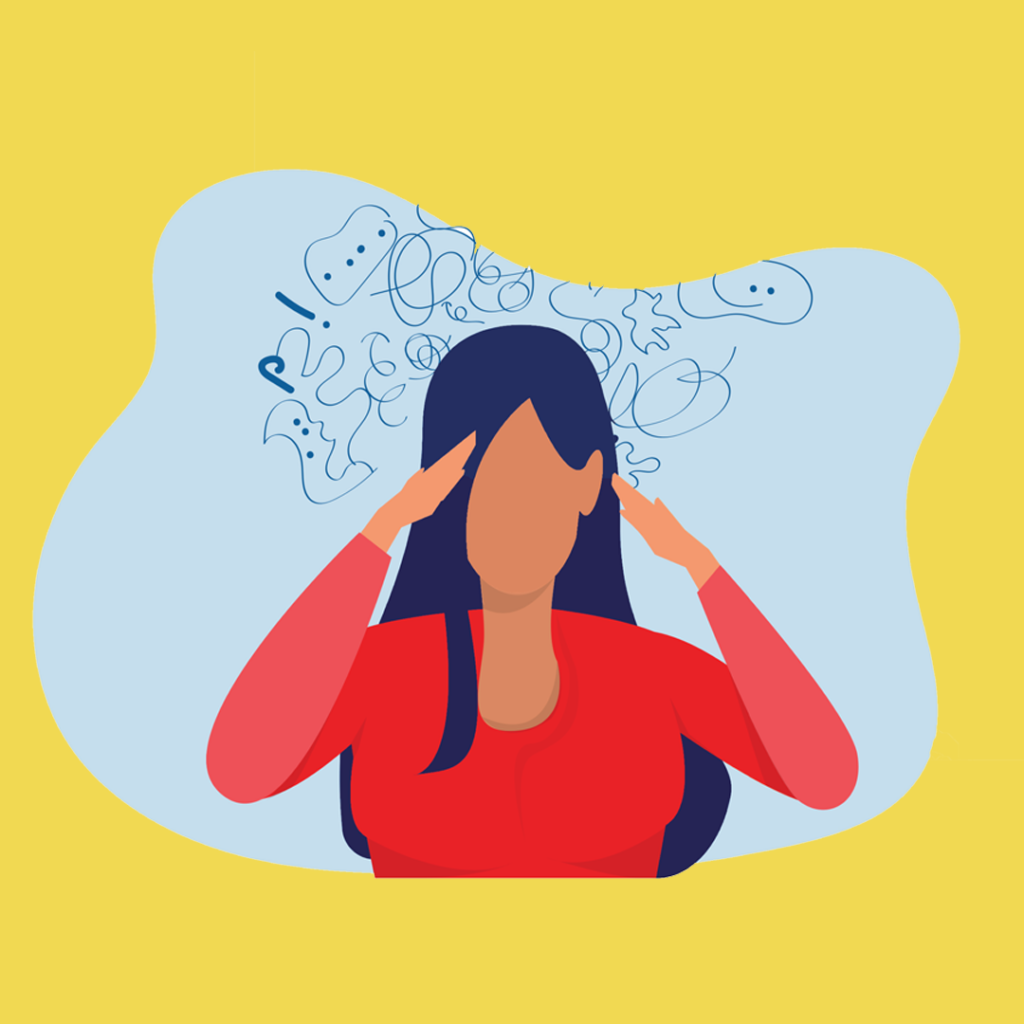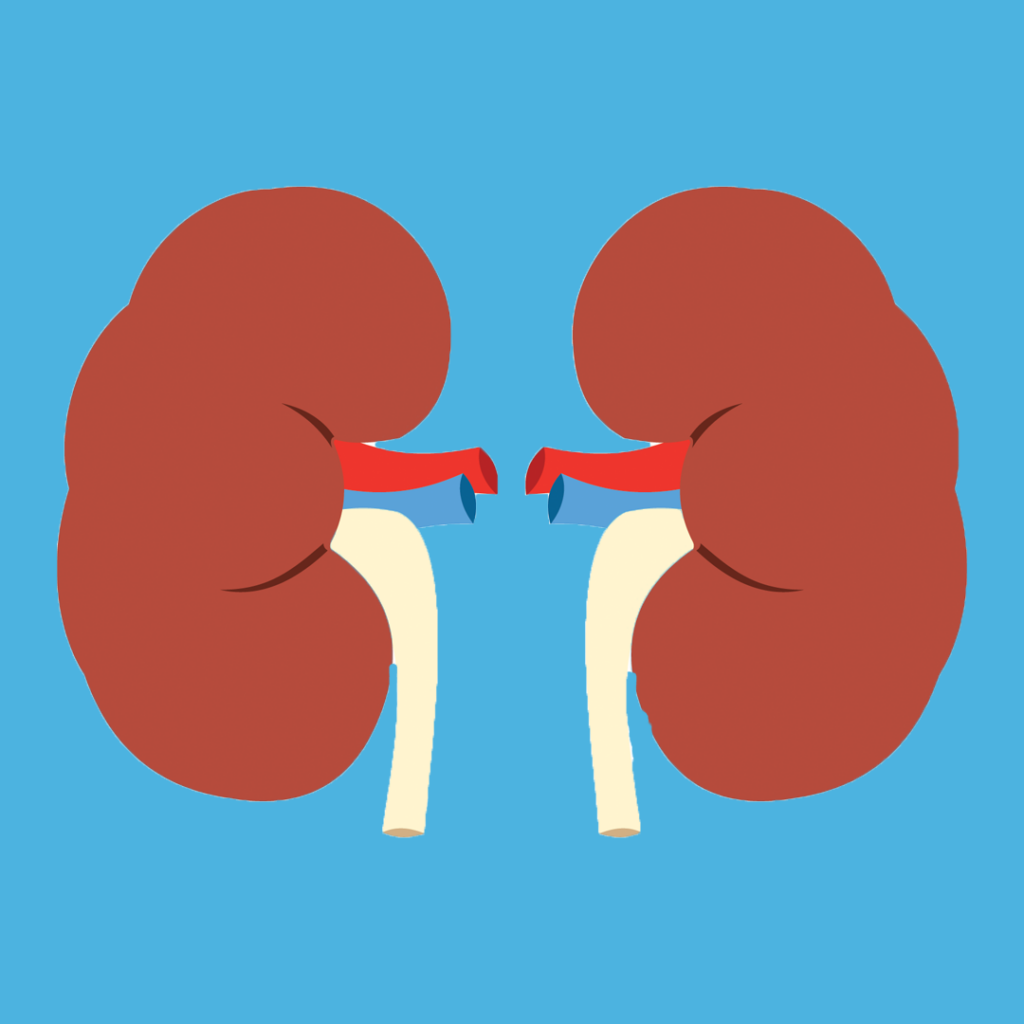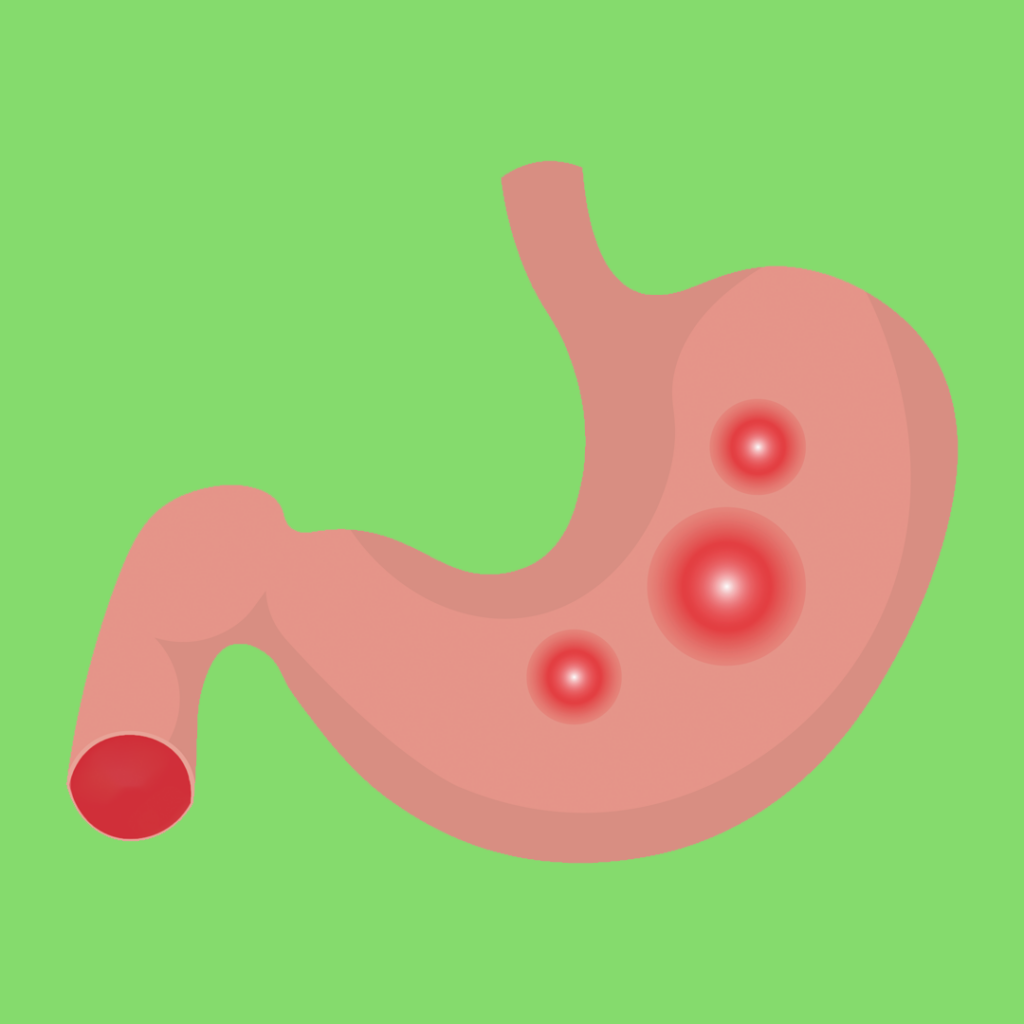Zinc for eating disorders

Trigger Warning: This article mentions and discusses aspects of eating disorders.
Eating disorders (ED) are fairly common in Canada – approximately 1 million Canadians are diagnosed with a type of eating disorder. So, it’s safe to say that if you or someone you know is struggling with an ED, you’re not alone.
Eating disorders can be tough to overcome, especially since each individual is different. But studies have shown that zinc can help support the recovery process of those with eating disorders. Keep reading to learn how zinc plays a role in the treatment of eating disorders.
Defining eating disorders
Eating disorders are behavioural conditions that lead to persistent disruptions in eating habits and are accompanied by distressing thoughts and emotions. They tend to affect both physical and mental wellbeing of an individual.
What are some common types of eating disorders?
Anorexia
Those with anorexia eat very little which leads to an extremely low body weight. Anorexia causes individuals to have an intense fear of weight gain and an unrealistic view of weight and body shape. This condition leads to distorted body image and can cause people view themselves as weighing more than they actually do. This might prompt them to exercise too much, use laxatives or diet aids, or vomit after eating in order to help them lose weight.
Bulimia
Bulimia is an eating disorder where people experience an episode of overeating or binge eating, commonly followed by episodes of purging to make up for overeating. Purging can include forced vomiting after a meal, using laxatives, diuretics, or weight loss pills, fasting, or exercising extensively.
Binge eating
People who have a binge eating disorder may feel like they have no control over how much they eat and consume food in a short amount of time as a result. Unlike bulimia, this type of eating disorder is not followed by purging. During a binge, this condition may cause individuals to feel pressured to eat food faster or eat more food than they planned to eat. They may continue to eat even when they’re not hungry and are past the point of feeling full.
Avoidant/restrictive food intake disorder (ARFID)
ARFID involves very limited eating or not eating specific foods with a certain colour, texture, smell, or taste. It can cause people to have a small list of foods that they are comfortable eating, called safe foods. Unlike other types of eating disorders, ARFID is not rooted in a fear of gaining weight or body size. Instead, this condition causes individuals to worry about what can happen while they eat, such as choking, vomiting, or experiencing stomach issues.
What causes eating disorders?
Unfortunately, the cause for eating disorders is not straightforward – there is no one cause. But we do know that genetics, environment and stressful events all play a role. Additionally, there are certain factors that increase the risk of developing an eating disorder. This can include:
- Poor body image (could be due to dealing with bullying based on weight or appearance and unrealistic beauty standards)
- Dieting at a young age
- Having a family history of eating disorders
- Mental health conditions like anxiety, depression or obsessive-compulsive disorder (OCD)
The link between zinc and eating disorders
Did you know that a zinc deficiency shares many similarities with the symptoms experienced by eating disorders?
Let’s take anorexia for example. Both a deficiency in zinc and anorexia have the following symptoms:
- A decreased appetite along with a reduced sense of taste and smell
- Nausea and bloating
- Insomnia and poor sleep habits
- Difficulties with paying attention or focusing
- Increased vulnerability to stress
Additionally, having a zinc deficiency can heighten the symptoms of those with eating disorders. This relationship can help explain why zinc supplementation may be beneficial when it comes to supporting recovery from eating disorders.
How does zinc support the treatment of eating disorders?
Studies show that supplementing with zinc can help treat eating disorders when coupled with traditional dietary and psychological therapy. One study found that a regular intake of zinc supplements increased the body mass index (BMI) of those with anorexia. The results also showed an improvement in brain neurotransmitters, including gamma-aminobutyric acid (GABA). GABA plays a role in helping the body calm down, which helps to reduce stress and anxiety. Stress and anxiety can be a contributing factor in causing eating disorders and can fuel eating disorder symptoms as well. Naturally, taking measures to lower stress in daily life can help cope with eating disorders.
Similarly, another study showed that oral zinc supplementation resulted in an increase in weight gain for people with anorexia. They also found that zinc supplementation can prevent abnormalities related to neurotransmitters and as a result, reduce levels of depression and anxiety in those with eating disorders.
Research also indicates that zinc supplementation can support those with bulimia and binge eating disorders. One study showed that supplementing with zinc every day reduced the number of binge eating episodes per week. This may be because of the cloaking effect that zinc has on glutamate receptors, which are receptors that help regulate our food intake. Sufficient levels of zinc can help the body modulate glutamate neurotransmission, ultimately supporting the treatment of bulimia and binge eating disorders.
When you’re struggling with eating disorders, it can feel like you have no control over your thoughts, emotions, or actions. But a close support system, psychological and dietary therapy, as well as zinc supplementation can help support your treatment for a strong recovery.








